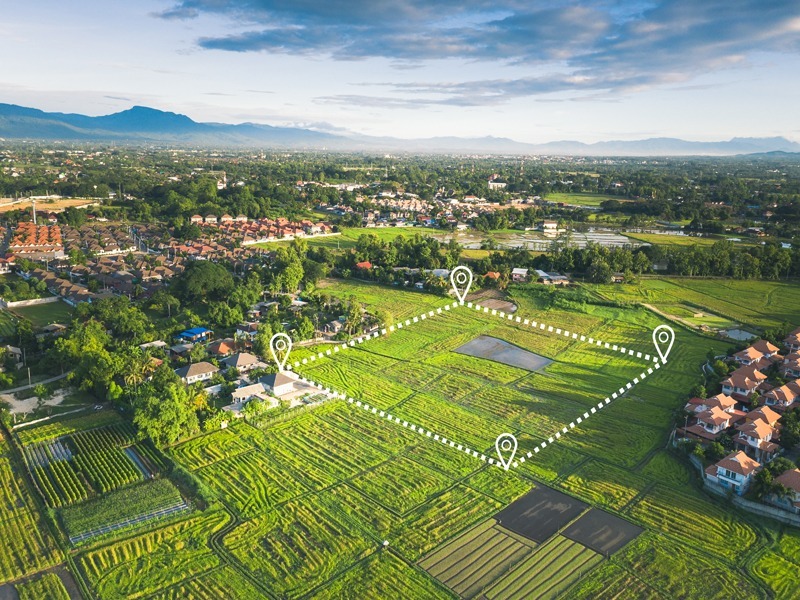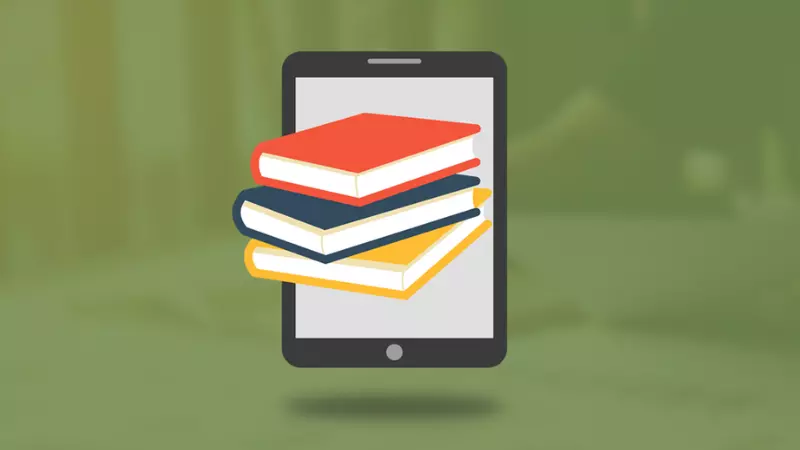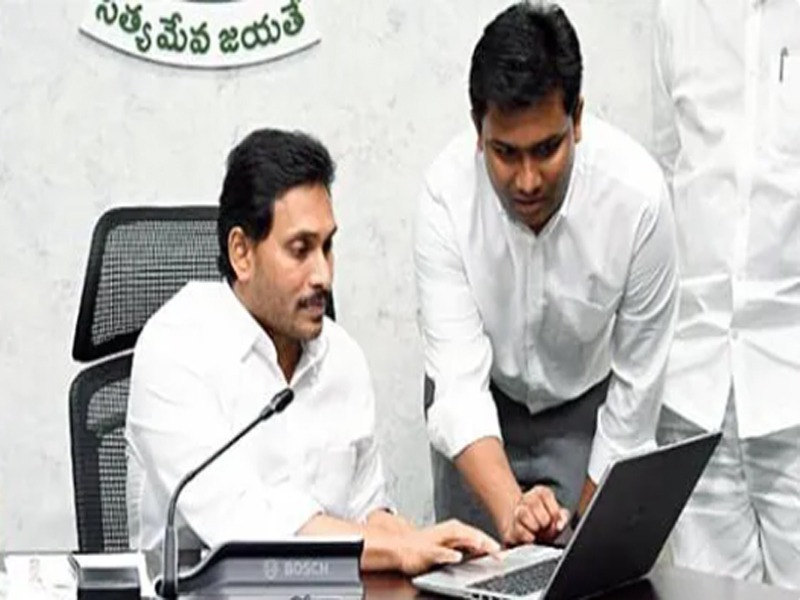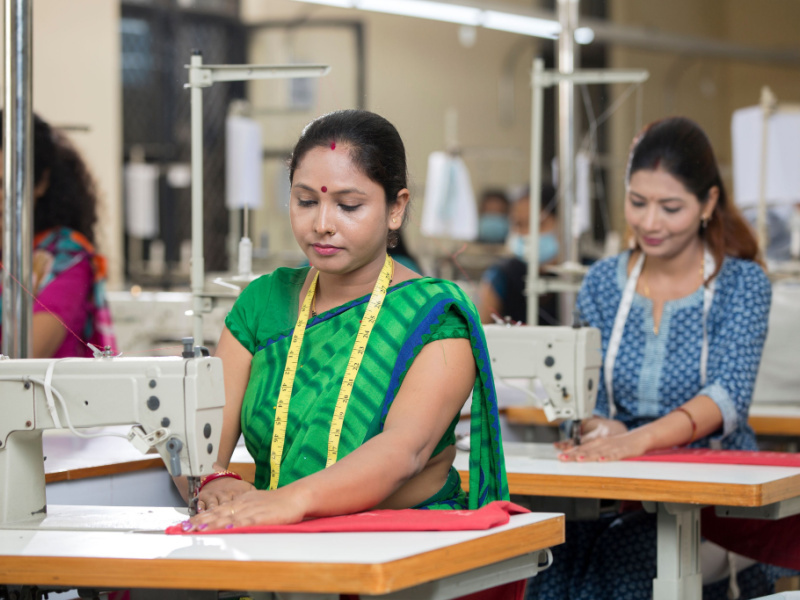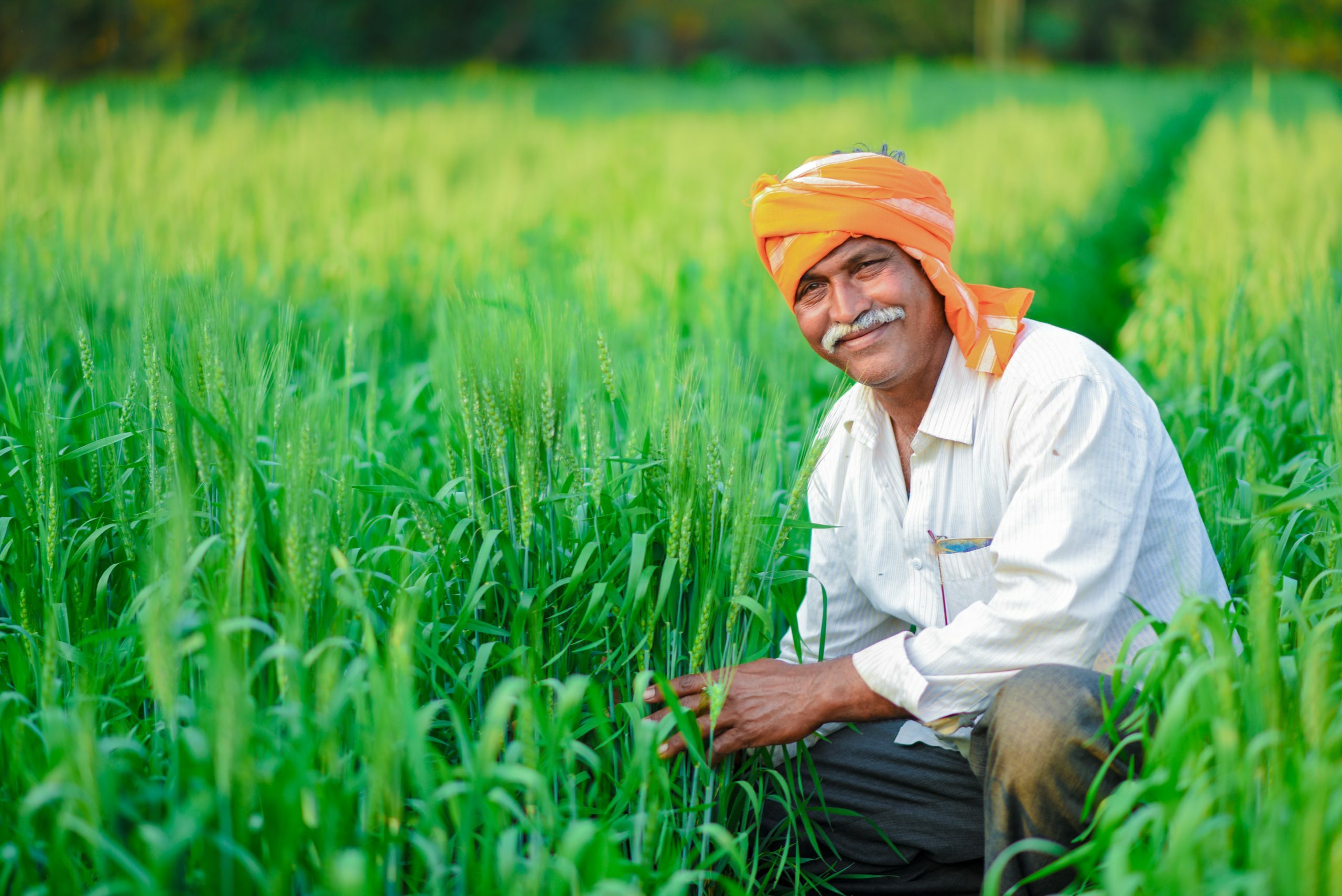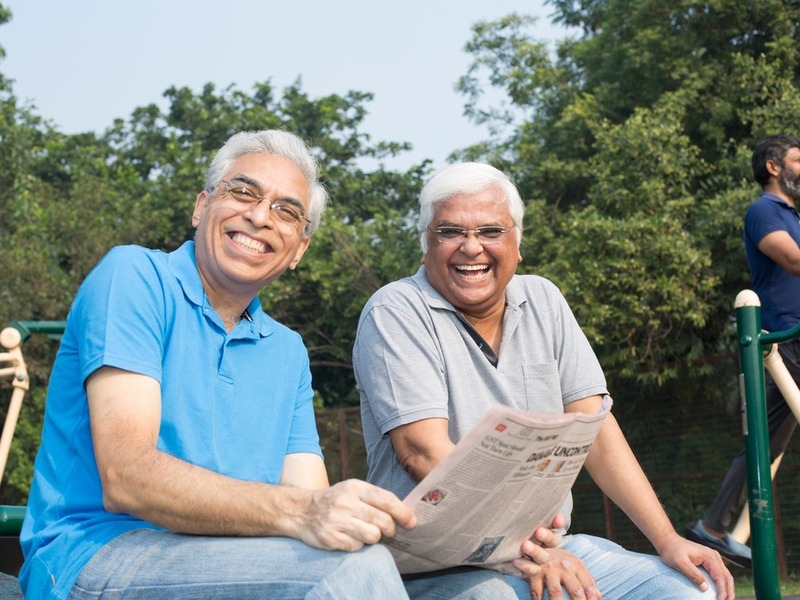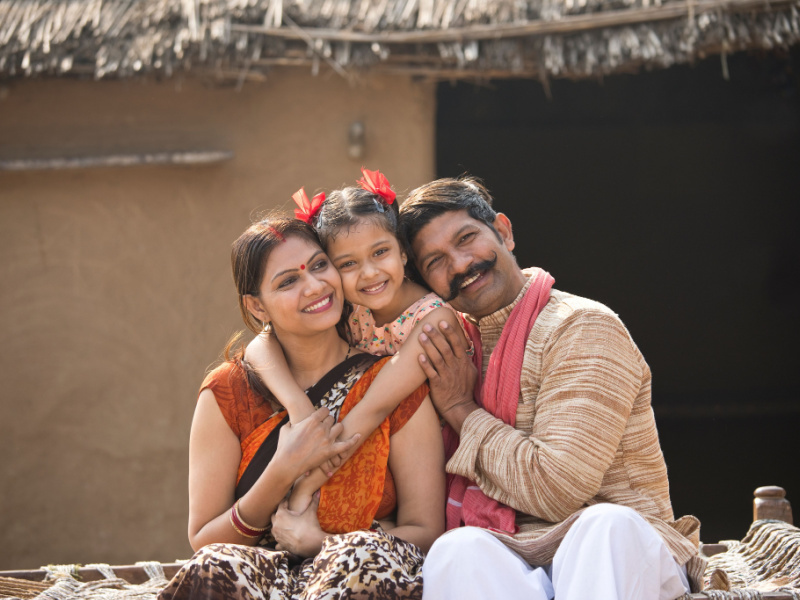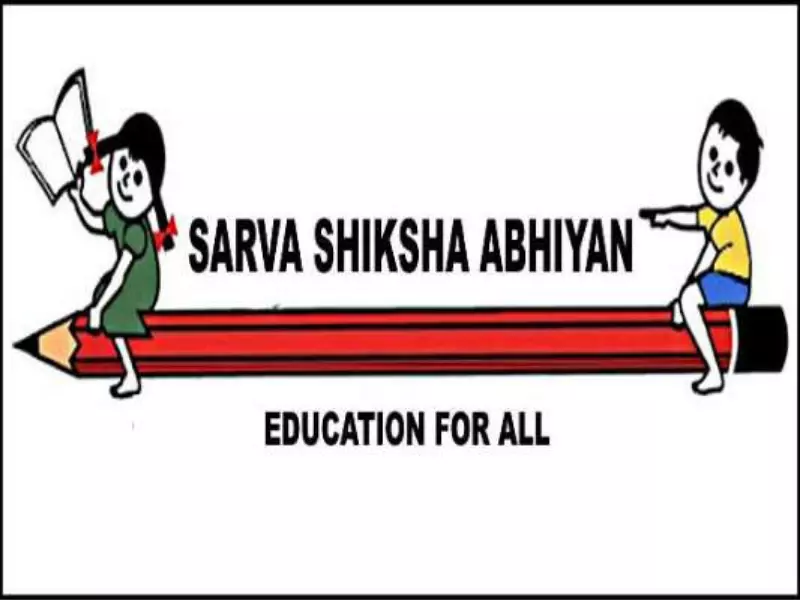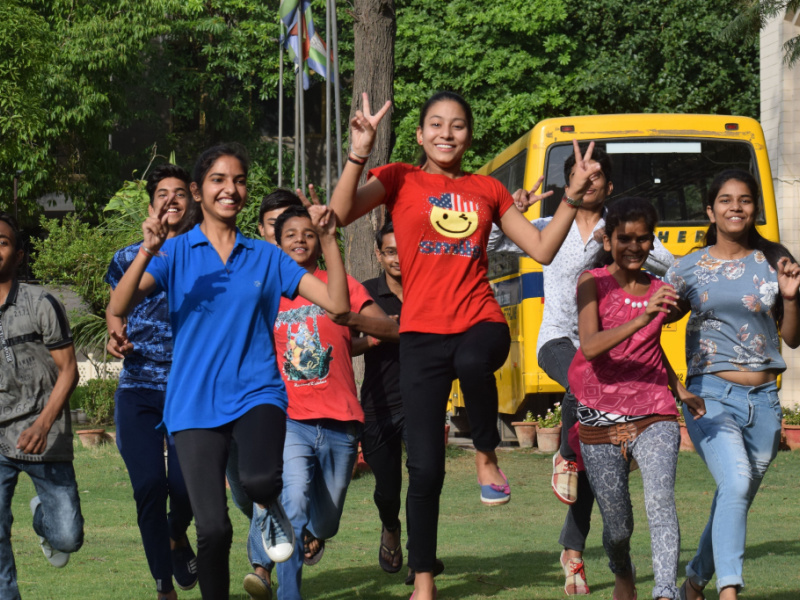
Padhe Bharat Badhe Bharat is a nationwide program being executed under the purview of the Sarva Shiksha Abhiyan, which was launched in 2014 by India’s HRD Minister, Smriti Irani. Children who are unable to read throughout their early education are more likely to struggle in other courses. The curriculum aims to develop children’s reading and writing skills and their math skills in classes I and II. A total of INR 762 crore had already been authorized for the states as part of the plan. In addition, the Union government has allocated INR 2352.57 crore to states/union territories to help them improve their existing decent programs.
The program provides a variety of services, including a welcoming setting filled with books and reading materials for children and timely provision of such materials. It is also meant to feature an evaluation mechanism and new teacher mentorship. Educators play an important role in the program’s long-term success, and they are accountable for completing the curriculum within the allotted time. The majority of the instruction will take place in the mother tongue.
Padhe Bharat is a reading initiative that lasts 100 days. The 100-day Padhe Bharat Reading campaign, organized by Padhe Bharat Badhe Bharat, will run for 14 weeks, with one activity each week for each group to make reading fun and foster a lifelong love of reading. According to sources, the Union Education Minister has initiated the ‘Padhe Bharat’ 100-day Reading Campaign to increase student learning levels.
The program is a significant step in improving kids’ learning levels because it fosters creativity, critical thinking, vocabulary, and expressing oneself verbally and in writing. According to them, it helps children relate to their environment and real-life situations.
This initiative will include children in Balvatika from kindergarten through eighth grade. Starting on January 1, 2022, and ending on April 10, 2022, a 100-day (14-week) reading program will be held. All stakeholders at the national and state levels, including kids, teachers, parents, the community, educational administrators, and others, are encouraged to participate in the reading campaign.
The 100-day campaign will run for 14 weeks, with one activity a week for each group, to make reading fun and create a lifetime connection to the joy of learning. States and union territories have been given a thorough guideline on the Reading Campaign and a time of life weekly calendar of events.
According to the official, the exercises can be carried out by youngsters with the assistance of instructors, parents, peers, siblings, or other family members. To ensure that the campaign is successful, the activities have been kept easy and entertaining so that they may be carried out with materials and equipment available at home and with the assistance of parents, peers, and siblings if schools are closed.
Objectives
The program is designed to help children become motivated and highly readers and writers. It also allows kids to develop skills in understanding that will endure a lifetime. They should be educated under the criteria set for children in their age group. It also aids children in comprehending the fundamental reasoning behind concepts such as number, shape, and measurement. They should solve the problem using abilities related to spatial and numerical comprehension. Padhe Bharat Badhe Bharat also tries to teach students about the joys of reading and writing practice. The program will also emphasize the relevance of children’s literature in developing strong readers and writers in children. Padhe Bharat Badhe Bharat also attempts to improve the quality of education schools provide across the country. From a larger viewpoint, it appears to be laying the groundwork for students to graduate to higher courses and perform well there effectively.
The program’s management structure
The Ministry of Human Resource Development oversees the program at the national level (MHRD). State Project Director of SSA, State Programme Officer (Pedagogy) of SSA, and Director of State Council of Educational Research and Training are the state-level functionaries (SCERT). The District Education Officer (DEO) or the District Probation Officer (DPO) is in charge of the program in the districts, while Block Education Officers (BEOs) are in charge of the program at the block level.
Components of Padhe Bharat Badhe Bharat
The components of this scheme are as below:
- Remedial teaching for students who have fallen behind in their studies
- In-class reading programmes for students to improve their reading skills
- Provision of library grants to schools to purchase books
- Training and support for teachers to improve their teaching skills
- Enhancement of science and maths learning through science and maths kits and training programmes for teachers
- Support for Early Grade Reading Assessment (EGRA) and Early Grade Mathematics Assessment (EGMA) to assess students’ learning levels
- Involvement of local communities in promoting education through programmes such as Bal Sabhas (Children’s Assemblies)
- Integration of technology to improve teaching and learning processes
The federal government assists state governments
The Indian government is assisting state governments in carrying out the program effectively. The following are some of the different methods that can be used in this regard:
● Seminars on capacity planning for regional planning
● Guidelines
● Modules for teacher education
● Process documentation that is up to date
● Papers on education
● Sharing of information
● Videos \sFunds
● Books, magazines, and other related materials
● Educational secretaries in states/union territories are being educated.
Conclusion
There are a lot of positive things to say about the show. First and foremost, India has made a step towards achieving what is being done in The First World nations such as the United States — ensuring that as many children as possible have access to elementary education and hence have a fair chance of succeeding in life. The program’s emphasis on mother language in introducing youngsters to the joys of poetry and mathematics – two fundamentally vital topics – is unique. Normal logic would require that the procedure be carried out in English, but because this program is aimed at students who are behind in their studies, it is a good reason, to begin with, a simpler language.
FAQs
All students enrolled in government schools from class 1 to class 8 can benefit from Padhe Bharat Badhe Bharat.
The outcomes of Padhe Bharat Badhe Bharat include improved language and numeracy skills among primary school students and a reduction in the number of out-of-school children.
Padhe Bharat Badhe Bharat is implemented through various initiatives such as teacher training, improved school infrastructure, and digital education programs.
The key strategies and interventions under Padhe Bharat Badhe Bharat include early grade reading and writing, teacher development, and community mobilization.














